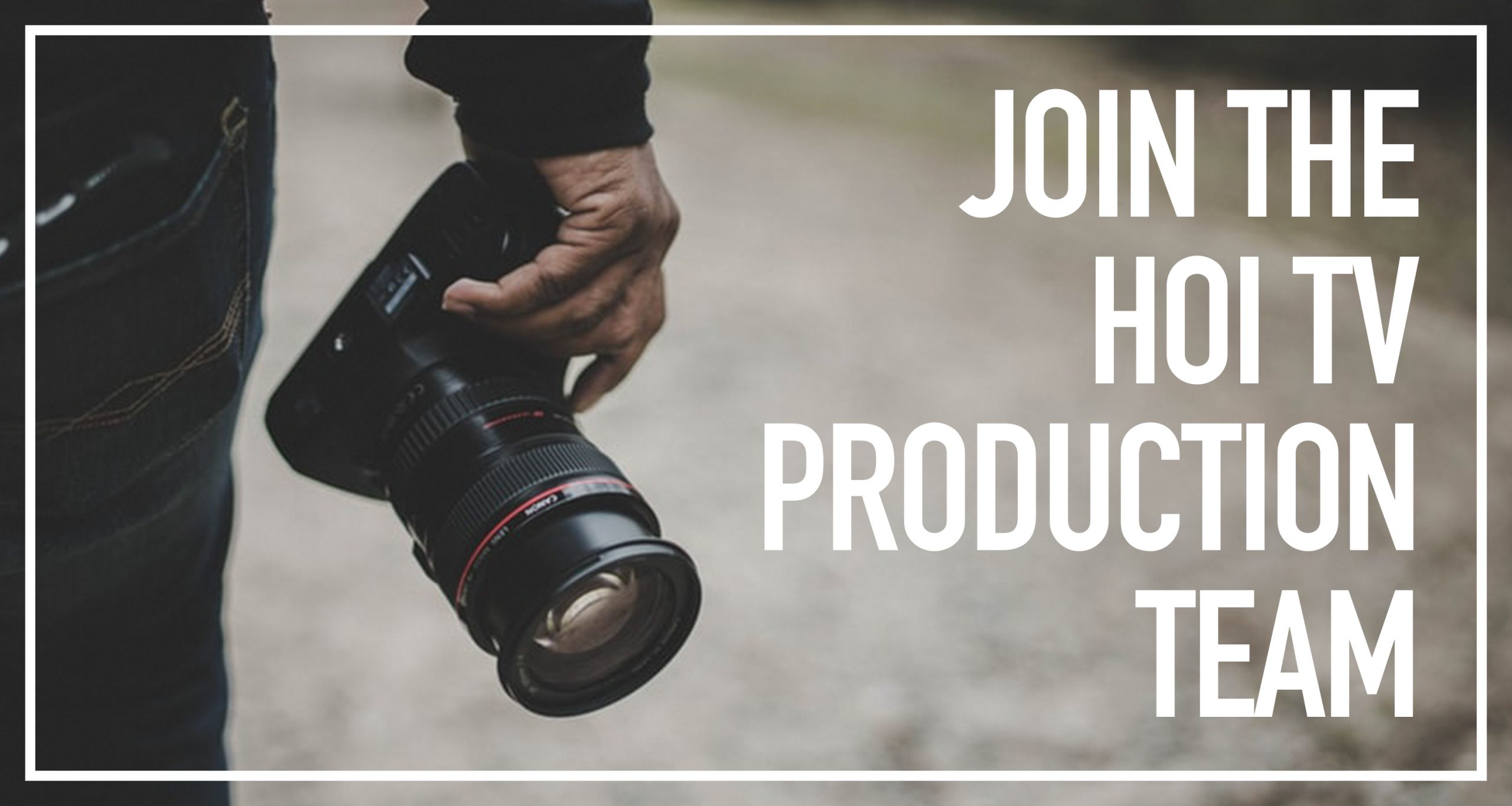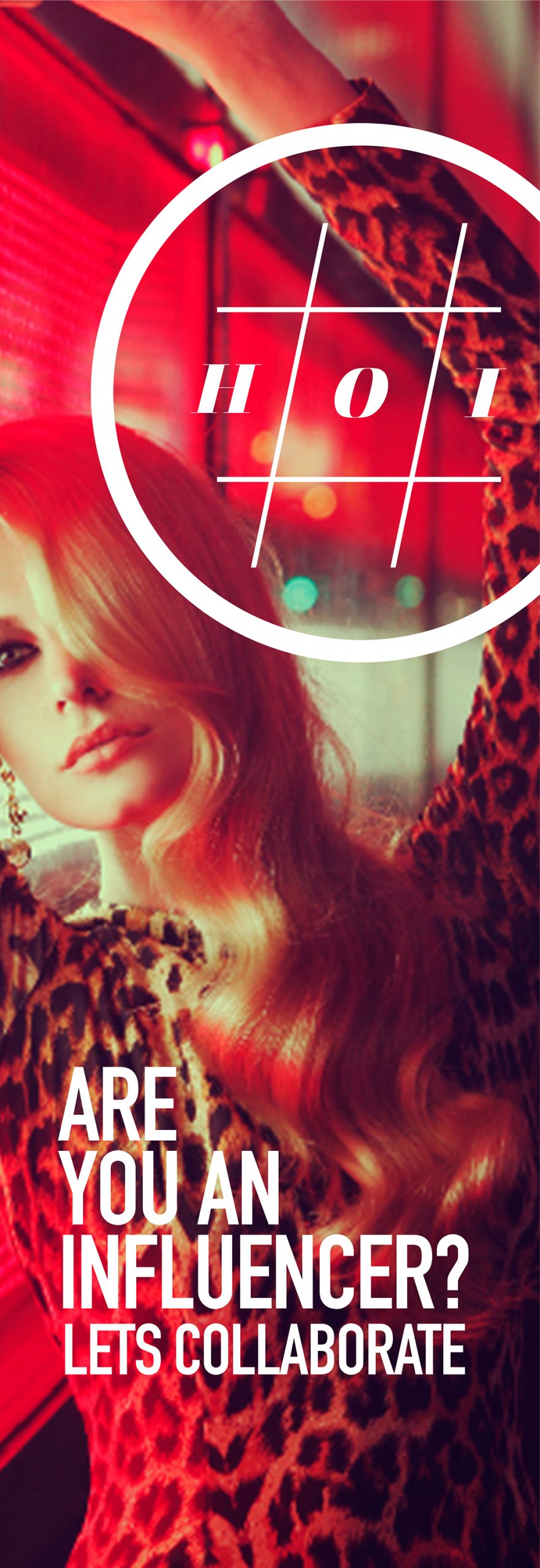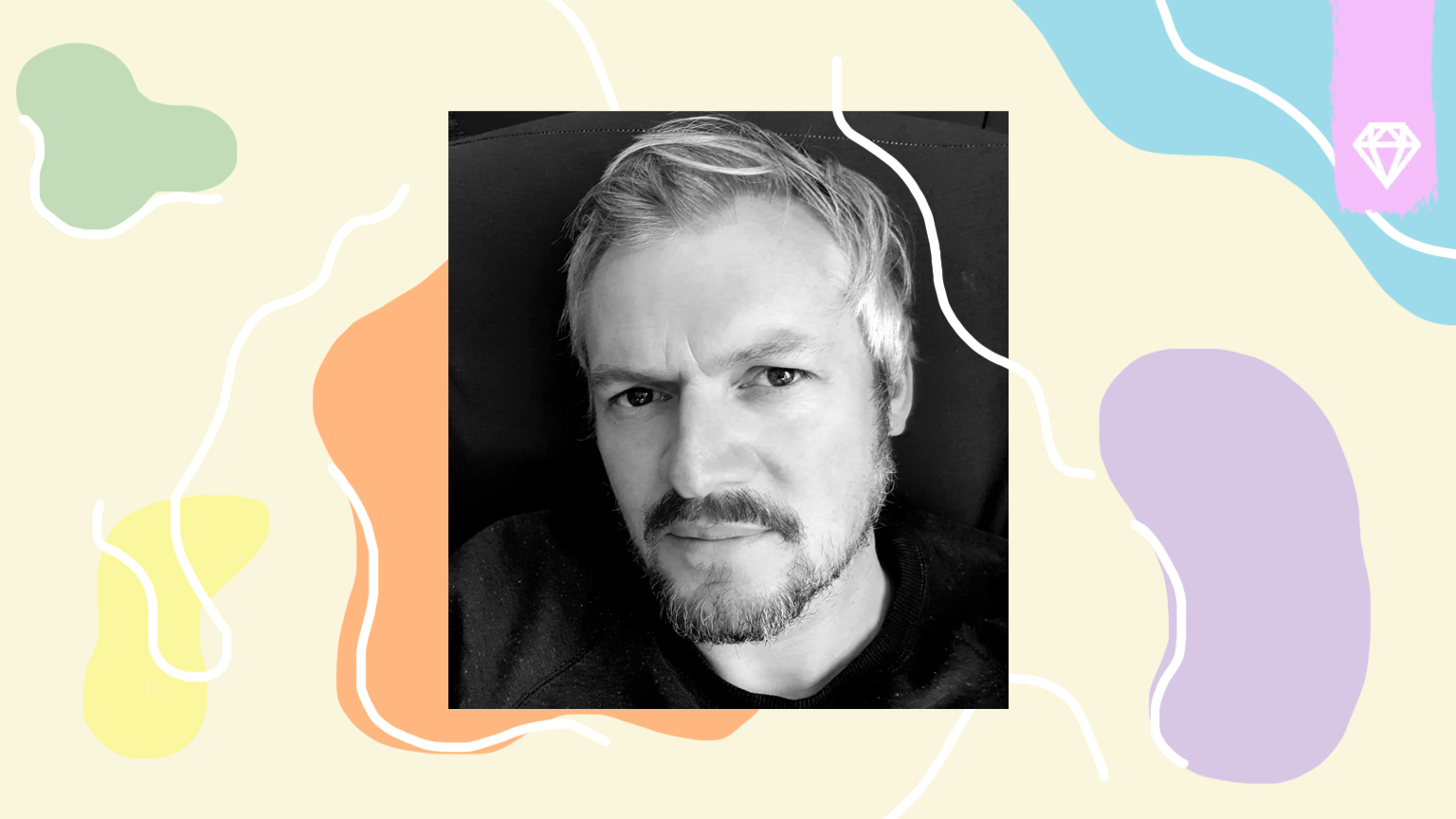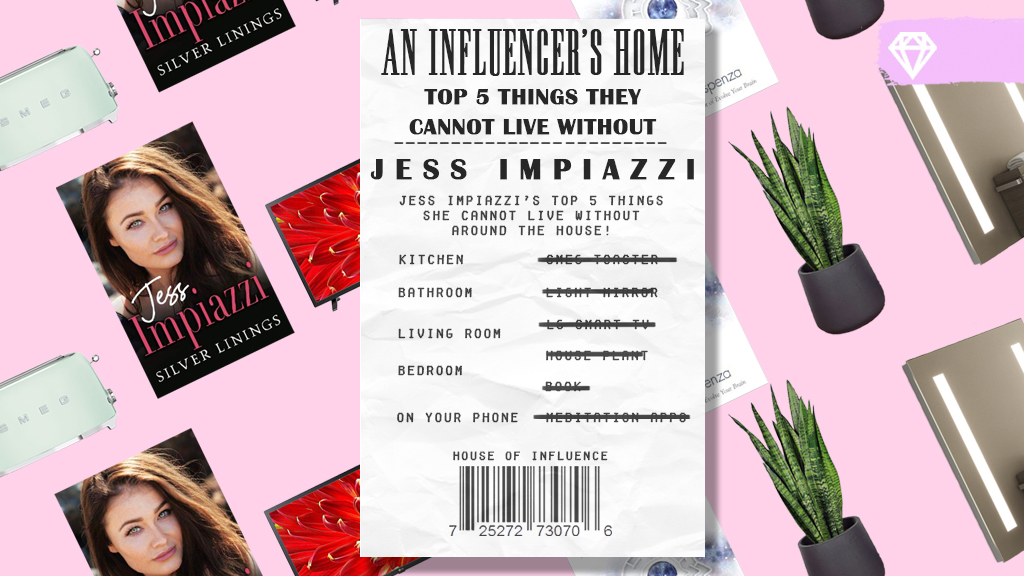I find it hard to believe now that I spent four decades being so cruel to myself. Based on the average life expectancy for women in the UK, that’s almost half of my life. That fact makes me feel sad and ashamed - although these days my improved, self-loving mindset doesn’t allow me to let those emotions hang around for long.
I realised some time ago that living life with regrets wasn’t actually living at all. Regrets are pointless. The only thing they do is anchor you to a negative place in your past that you cannot change. That’s not to say that I think we should mindlessly blunder through life without caring, but I do believe that regret should be replaced with reflection; it is an opportunity to learn, adjust and move forward in a positive way. Apologise if you need to - if you’re hurt or upset someone - but only if you need to. Not just to people-please, be liked or accepted, and especially not if you’re not sincere about it. After that, don’t hold onto regrets. Live instead.
Yet I know from years of painful experience, that it is easy to fall into a habit of self-harm. The place that we do that the most is in the way we talk to ourselves. It’s why I love this saying:
You will never speak to anyone more than you speak to yourself in your head.
Be kind to yourself.
None of us can argue with this, so it’s why examining our self-talk is vital to improving our relationship with ourselves by ceasing to perpetuate that harm.
How do you make that shift from harmful to helpful though?
Like anything, it takes the creation of new habits. And new habits are formed through consistency and repetition. For the record, none of this involves the elusive concept of ‘willpower’ - that age-old excuse we rely on whenever we fall off the wagon of something tough that we need to do. “I don’t have enough willpower” is actually nonsense - by creating an environment that sets us up for success, minimises the things that might derail us and reminds us frequently of why we’re trying to achieve our goal are all ways that the need for willpower becomes null and void.
To do that when it comes to stopping being cruel and starting to be kind to ourselves, here are some simple things you can do, which are taken from my S.E.L.F.I.S.H. model.
How to set yourself up for success
Learning to be helpful rather than harmful to yourself all starts with how you feel about you. This is why the first element in my S.E.L.F.I.S.H. model is ‘Self-worth’; it is the foundation upon which all the other parts of the model are built.
Good self-worth comes from the stories we tell ourselves about ourselves, which is why an examination of your self-talk - and in particular catching it when it is negative - is the activity I advocate here. An assessment of the amount of negative versus positive self-talk helps you to understand the extent of the shift that needs to take place, whilst at the same time making you consciously aware of that narrative so that you start to spot it and stop it when it happens. By cutting off negative thoughts about yourself and replacing them with positive ones, you will see a noticeable improvement in your self-worth as well as your mental wellbeing.
How to minimise the things that might derail you
I’m not going to sugar-coat it, making the transition from harmful to helpful isn’t easy, especially when those behaviours are deeply ingrained in your life. One of those areas that I discovered about myself and I continue to find with my clients, is in respect of the people that we surround ourselves with. In our efforts to be kind to others, which is a trait to be proud of, we often tolerate negative behaviours for far longer than we should. Interestingly, we put up with toxic people in our own lives much more than we would recommend that a friend or loved one should - why can’t we extend the same advice to ourselves?
There are conscious decisions that you’ll need to make when it comes to removing or minimising those people who are detractors to your self-kindness. This starts with what I advocate in the ‘Elimination’ section of my S.E.L.F.I.S.H. model. Here, I encourage a full assessment of all the key people in the main categories of your life (personal relationships, home & family life, social/recreational, etc.) and that you plot them on a continuum between ‘Toxic’ and ‘Joyful’ to truly understand their impact upon you. Doing this, like I said, is tough, but only by having an honest dialogue with yourself can you start to make decisions about who has learnt the right to stay and who you’ll need to remove in order to be kind to yourself.
How to remind yourself why this goal is important
It’s a fact for most of us that we are far more likely to keep a promise we make to someone else than we are to keep one to ourselves. This is why in the ’Failure’ section of my model I encourage you to look outside yourself with regards to your influence and impact on others. You might try to tell me that you don’t think you’re influential, but I’m here to tell you that you are. Even when you’re not trying to be, your actions and attitudes towards yourself and others will be being observed and absorbed by those around you. If you have people in your life that you care about - children, siblings, a partner, friends, colleagues - then you owe it to all of them to set an example not just for how you should be treated, but for how they should expect to be treated too.
By making a conscious effort to be that role-model - and to do so even when you think no-one is watching - then you will be keeping a promise to them that means that you’re doing your best to ensure they have a helpful rather than harmful life themselves. Now that influence is impressive!
If you treat yourself badly, please know that you have the ability to change that. I am living proof of that. So have faith that it can be different going forward. Want to learn more about how you can redefine what it means to be ‘selfish’ and prioritise your needs without feeling guilty? Then you can find the full S.E.L.F.I.S.H. model and associated practical activities in my book, ‘Redefining SELFISH. No Guilt. No Regrets.’, which is out now as an eBook on the usual major platforms or via my website www.carolynhobdey.com.







